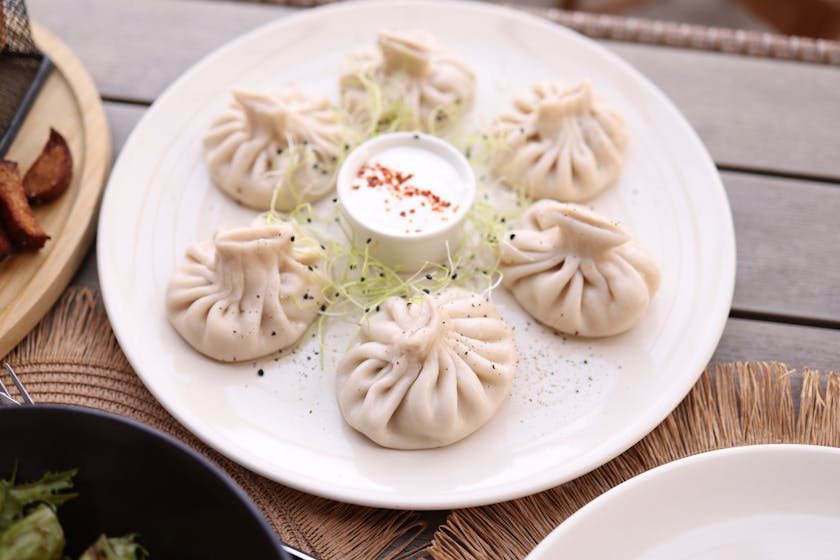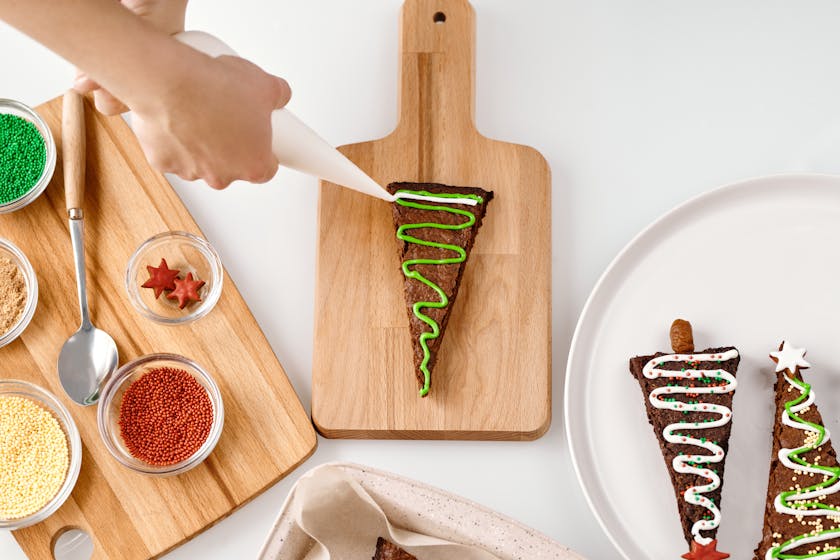When considering bulk meal storage for emergency preparedness, it’s essential to prioritize both the quantity and quality of food you store. Here’s a comprehensive guide to help you prepare effectively.
Understanding the Basics of Bulk Meal Storage
The first step in preparing for any emergency is to understand the basics of bulk meal storage. This means knowing what types of food are best for long-term storage, how to store them safely, and how to ensure a balanced diet even in the face of adversity.
Choosing the Right Foods
Non-perishable items are the cornerstone of emergency preparedness. Focus on whole grains like rice, wheat, and oats, which have a long shelf life and are versatile for various meals. Canned goods such as vegetables, fruits, meats, and soups can also be stored in large quantities, but remember to rotate them to avoid expiration.
Proper Storage Solutions
Invest in airtight containers and vacuum-sealed bags to protect your bulk food from moisture and pests. Utilize your basement or a cool, dark pantry to store these items, ensuring they are kept at a consistent temperature to maximize shelf life.
Nutritional Considerations
It’s not just about having enough food; it’s also about having the right kind of food. Include a variety of proteins, carbohydrates, and fats to maintain a well-rounded diet. Don’t forget to include a selection of multivitamins to compensate for any nutritional gaps.
Planning Your Bulk Meal Storage Space
Effective use of space is crucial when storing bulk meals. Shelving units can help you organize your supplies, allowing for easy access and rotation. Be sure to label everything clearly with expiration dates and contents.
Maintaining Your Bulk Meal Storage
Regularly check your stores for signs of spoilage or infestation. Rotate your stock by using older items first and replacing them with fresh supplies. This practice, known as “first in, first out,” ensures that nothing goes to waste and your emergency stockpile remains fresh.
Longevity of Stored Foods
While many foods have a long shelf life, not all items will last indefinitely. Grains can last for years when stored properly, while canned goods typically have a shelf life of 1-2 years. Always monitor your stock and replace items as necessary.
Preparing for Use in Emergencies
In the event of an emergency, having a plan for how to use your bulk meal storage is essential. Ensure you have a manual can opener, a reliable heat source for cooking, and a method for purifying water.
Advanced Tips for Bulk Meal Storage
For those looking to go the extra mile, consider investing in freeze-dried meals that offer a shelf life of up to 25 years. Additionally, you can dehydrate your own fruits, vegetables, and meats for customized emergency rations.
Vacuum Sealing for Longevity
Vacuum sealing can significantly extend the life of your food by removing air that contributes to spoilage.
Temperature and Humidity Control
Maintain a stable environment for your food storage. Excessive heat or humidity can quickly degrade the quality of your stored food.
Integrating Bulk Meal Storage into Everyday Life
One effective way to maintain a rotation of your bulk meal storage is to incorporate these items into your regular meal planning. This not only ensures freshness but also familiarizes you with the ingredients you’ll be using in an emergency.
By understanding the principles of bulk meal storage for emergency preparedness, you can create a robust system that will keep you and your loved ones secure in uncertain times. Remember that preparation is an ongoing process – stay informed, stay organized, and stay ready.



